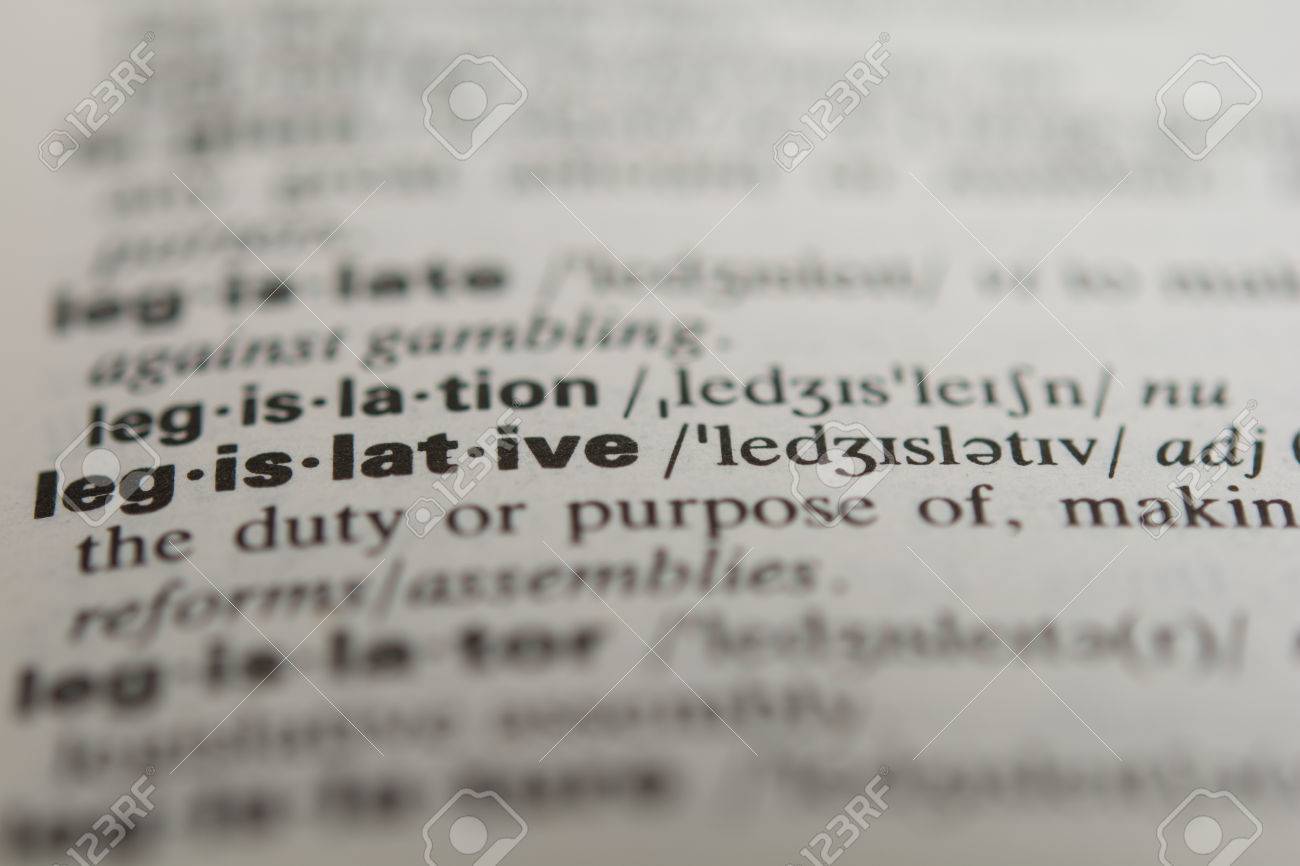The Higher Education Act (HEA) is the major federal legislation governing colleges, universities and higher education in the United States. The law provides funding and oversight for student financial aid, research, specific program initiatives, international higher education and most important for consideration here, accreditation of higher education institutions and programs. HEA first became law in 1965 and has been periodically amended through a process known as "reauthorization."It was last reauthorized in 2008 and is under consideration for reauthorization now.
While HEA does not provide funding for accreditation, it does include provisions for oversight of accrediting organizations through the U.S. Department of Education(USDE) whereby these organizations are periodically reviewed for their effectiveness, a process known as "recognition." For colleges, universities, and programs, recognition of accrediting organizations by the federal government is vital. Only institutions and programs that are accredited by federally recognized accreditors have access to the funding provided through the HEA.
While HEA does not provide funding for accreditation, it does include provisions for oversight of accrediting organizations through the U.S. Department of Education(USDE) whereby these organizations are periodically reviewed for their effectiveness, a process known as "recognition." For colleges, universities, and programs, recognition of accrediting organizations by the federal government is vital. Only institutions and programs that are accredited by federally recognized accreditors have access to the funding provided through the HEA.



